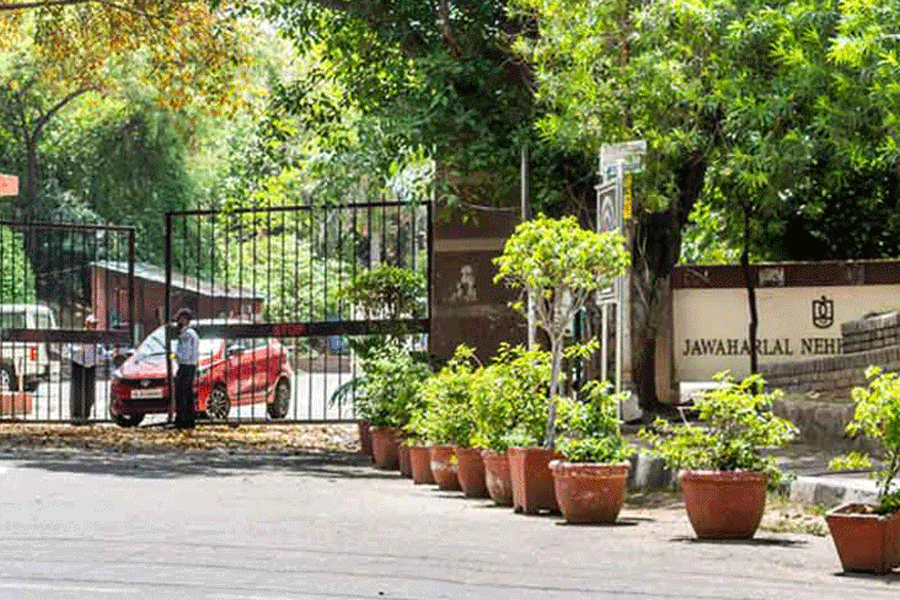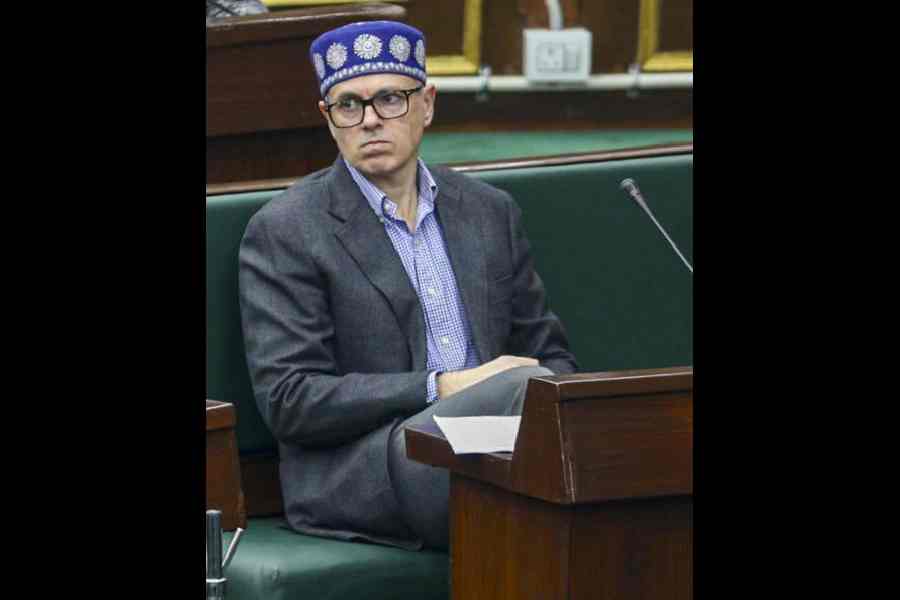The Centre on Monday told the Supreme Court that the government “has decided to re-examine and reconsider” the sedition law but contended this could be done only “before the competent forum” (Parliament) and urged the court to stay away from the issue.
A batch of petitioners has sought quashing of the sedition law — penal section 124A — citing its misuse by governments to stifle dissent, and the apex court had asked the Centre why the colonial-era law should continue when many “stale” laws had been removed.
A Union home ministry affidavit said the Government of India was “fully cognisant” of various views being expressed on the subject of sedition and had “considered the concerns of civil liberties and human rights”.
“While committed to maintain and protect the sovereignty and integrity of this great nation, (the Union government) has decided to re-examine and reconsider the provisions of Section 124A of the Indian Penal Code which can only be done before the competent forum,” the Union home ministry added in the affidavit.
“It is thus respectfully submitted that Hon’ble Court may not invest time in examining the validity of Section 124A once again and be pleased to await the exercise of reconsideration to be undertaken by the Government of India before an appropriate forum where such exercise is constitutionally permitted.”
On Tuesday, the bench of Chief Justice N.V. Ramana and Justices Surya Kant and Hima Kohli are scheduled to take up for consideration whether the constitutional validity of Section 124A, upheld in 1962 by a five-judge constitution bench, should be referred to a seven-judge bench.
The affidavit said various jurists, academics, intellectuals and citizens had expressed divergent views on the sedition law.











